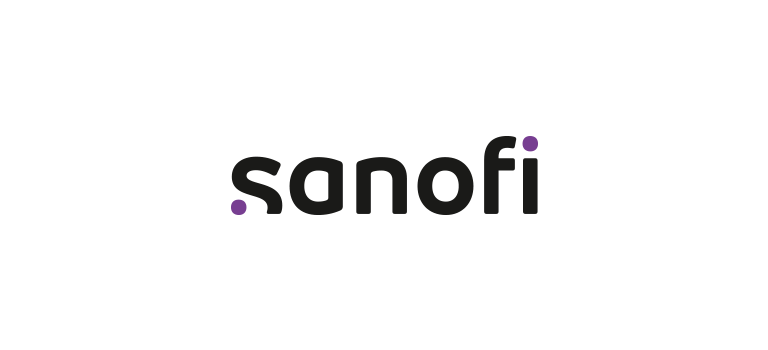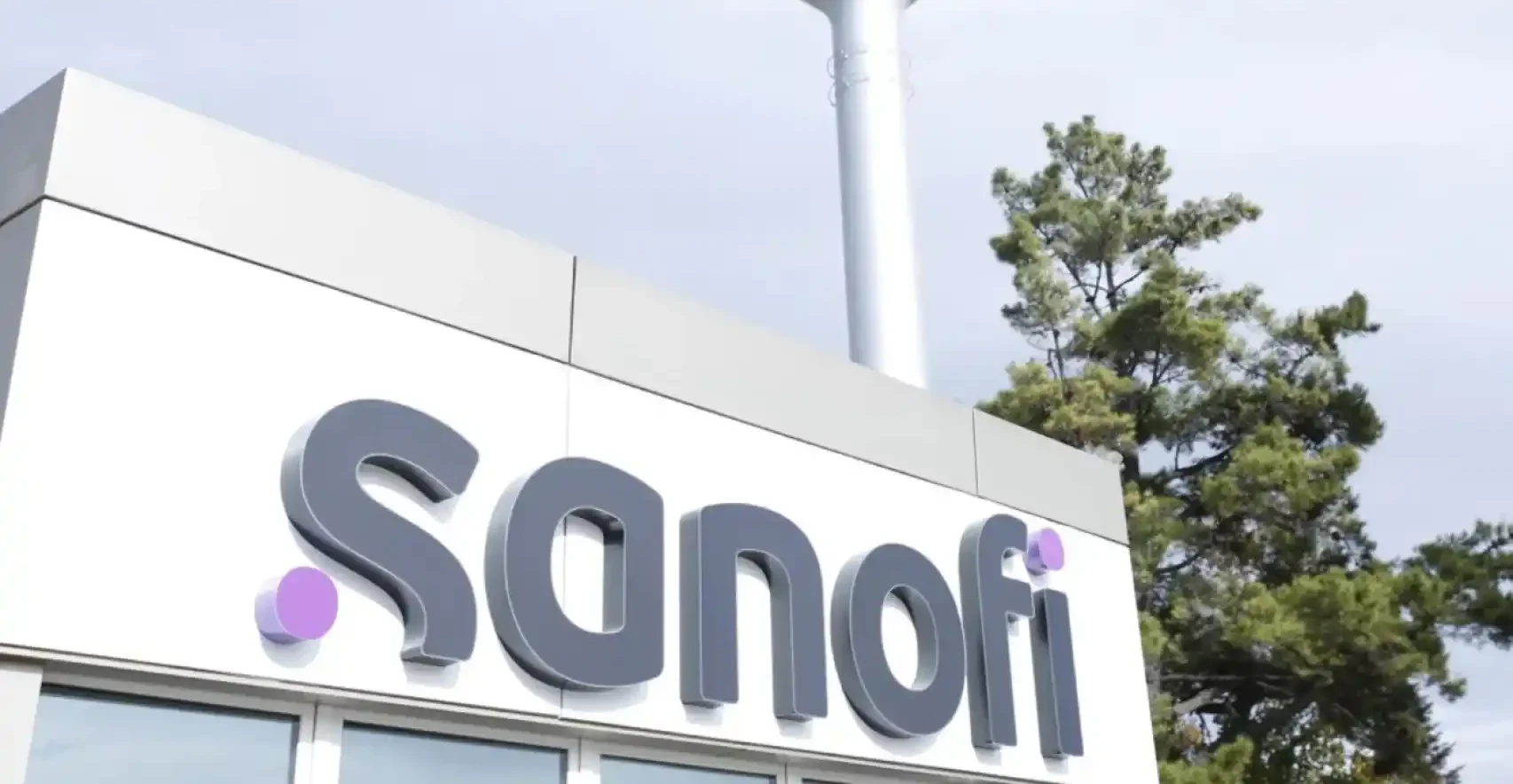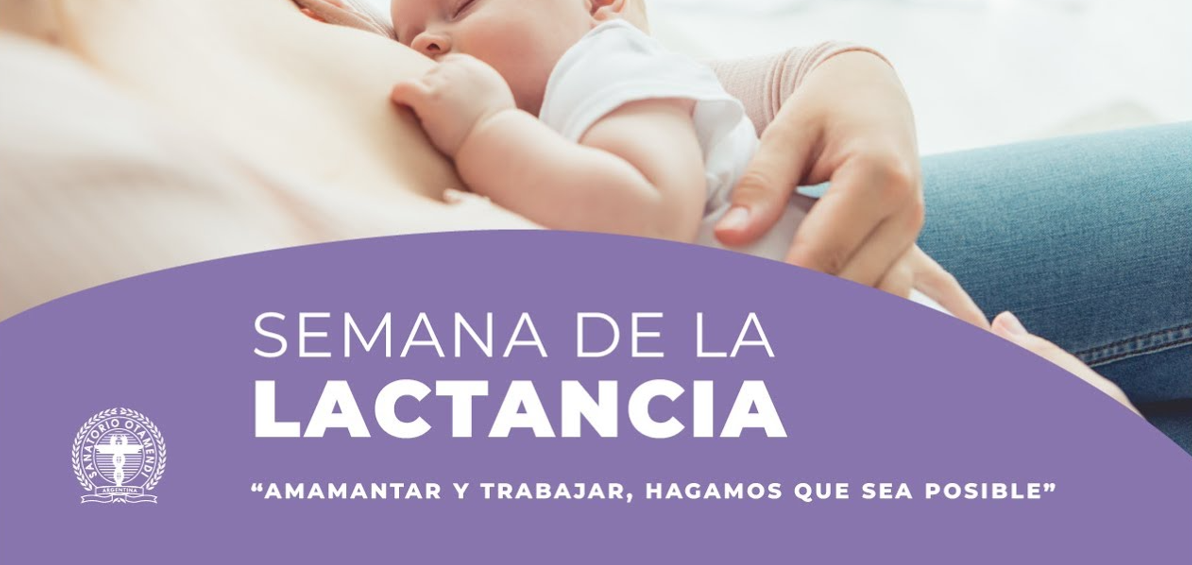- Nirsevimab would be the first immunization specifically designed to protect all infants during their first RSV season, if approved.
- In all clinical trials, a single dose of nirsevimab demonstrated consistent and sustained high efficacy as well as favorable safety against RSV disease.
- The FDA has indicated that it will work to expedite its review.
The U.S. Food and Drug Administration’s (FDA) Advisory Committee on Antimicrobial Drugs (AMDAC) voted unanimously 21 to 0 that nirsevimab, a long-acting monoclonal antibody co-developed by Sanofi and AstraZeneca, has a favorable risk-benefit profile for the prevention of respiratory tract disease (RTHD) caused by respiratory syncytial virus (RSV) in newborns and infants born during or upon entering your first season of RSV. The Committee also voted 19 to 2 in support of nirsevimab’s favorable risk-benefit profile for children up to 24 months of age who remain vulnerable to severe RSV disease during their second RSV season.
Thomas Triomphe
Executive Vice President, Vaccines, Sanofi
“Most babies hospitalized for RSV are born full-term and healthy, so interventions specifically designed to protect all infants are likely to have the greatest impact. We are encouraged by the positive vote from the Advisory Committee based on the compelling clinical development program supporting nirsevimab and its innovative potential to reduce the annual burden of RSV.”
Iskra Reic
Executive Vice President, Vaccines and Immune Therapeutics, AstraZeneca
“We are pleased that the Advisory Committee on Antimicrobial Medicines has recognized the favorable risk-benefit profile of nirsevimab as the first preventive option against RSV for a broad infant population. Nirsevimab builds on AstraZeneca’s established science, RSV leadership and commitment to addressing the needs of the most vulnerable. We look forward to continuing to work with the FDA to complete its expedited review, and we hope that nirsevimab will be available as soon as possible given the significant burden of RSV in infants.”
Dr William Muller
Associate Professor, Pediatrics, Northwestern University Feinberg School of Medicine and Scientific Director of Clinical and Community Trials, Ann & Robert H. Lurie Children’s Hospital of Chicago, Illinois
“RSV remains the most common cause of bronchiolitis and pneumonia in infants, and the inability to predict which infants will develop severe RSV disease creates uncertainty for both new parents and clinicians. The innovation of nirsevimab as a long-acting antibody that can be conveniently administered to a broad population of infants with a single dose at a time when most protection is needed is a significant public health advance that could have a far-reaching impact on the well-being of our families and health care systems in the United States.”
Sergio Montero
General Manager of Sanofi Vaccines for Southern Cone
“This unanimous recommendation is great news for public health and all children in our country. Nirsevimab is an innovation that will contribute to significantly reducing the impact of this disease on young children. We hope to have this new immunization in the Southern Cone in the coming months. In Argentina, the registry was submitted to the regulatory authorities last March and is in the process of evaluation.”
If approved, nirsevimab would be the first immunization specifically designed to protect all infants during their first RSV season, including those born healthy at term or preterm, or with health conditions that make them vulnerable to RSV disease. The single dose may be given at the beginning of the RSV season for children born before the virus circulation season, or at birth for those born during the RSV season.
The FDA accepted the Biologics License Application (BLA) for nirsevimab in 2022 and the agency has indicated it will work to expedite its review. The set date of the Prescription Drug User Fee Act is in the third quarter of 2023. If approved by then, nirsevimab will be available in the United States prior to the 2023-2024 RSV season.
AMDAC based its recommendation on nirsevimab’s robust clinical development program, which spanned three pivotal clinical trials, including results from the Phase 3 MELODY trial recently published in the New England Journal of Medicine. Across all clinical endpoints, a single dose of nirsevimab demonstrated consistently high efficacy against RSV-caused lower respiratory tract disease, which was maintained throughout the RSV season. Nirsevimab was well tolerated, presenting a favorable and consistent safety profile in all clinical trials. Overall adverse event rates were comparable between nirsevimab and placebo, and most adverse events were mild to moderate in severity. The most common adverse events were rash, fever and injection site reactions.
The AMDAC reviews and evaluates available data on the safety and efficacy of marketed and investigational human pharmaceuticals for the treatment of infectious diseases and disorders, and makes appropriate recommendations to the Food and Drug Commissioner. While the AMDAC recommendation is not binding, it will be considered by the FDA during its BLA review for nirsevimab.
About RSV
RSV is a highly contagious virus that can cause severe respiratory illness in infants, according to the Centers for Disease Control and Prevention (CDC). Symptoms of RSV can include runny nose, coughing, sneezing, fever, decreased appetite and wheezing.1 Two out of three infants contract RSV during their first year of life, and almost all infants contract it before their second birthday. In the United States, RSV is the leading cause of hospitalization in infants younger than 12 months, with an average rate 16 times higher than the annual rate of influenza. Approximately 75% of babies hospitalized for RSV are born healthy, full-term with no underlying conditions. Each year in the United States, there are an estimated 590,000 cases of RSV disease in infants under one year of age who require medical attention, including doctor visits, urgent care, emergency department visits, and hospitalizations.
About nirsevimab
In the United States, nirsevimab is an investigational single-dose, long-acting antibody designed to protect all infants during their first RSV season and children up to 24 months of age who remain vulnerable to severe RSV disease during their second RSV season.
Nirsevimab, given directly to newborns and infants in a single dose, offers protection against RSV with an antibody that helps prevent lower respiratory tract disease caused by RSV. Monoclonal antibodies do not require activation of the immune system to provide timely, rapid, and direct protection against disease.
In March 2017, Sanofi and AstraZeneca announced an agreement to develop and commercialize nirsevimab. Under the terms of the agreement, AstraZeneca leads development and processing activities, while Sanofi leads commercialization activities and records revenue. Under the terms of the global agreement, Sanofi made an upfront payment of €120 million, has paid development and regulatory milestones totaling €55 million, and will pay up to €440 million more upon achieving certain regulatory and sales-related milestones. Both companies share costs and profits in all territories except the United States, where Sanofi consolidates 100% of the economic benefits in its operating income from the business.
Nirsevimab has received special designations to facilitate accelerated development by various regulatory agencies around the world. These include the Breakthrough Therapy designation and Priority Review designation by the China Drug Evaluation Center under the National Medical Products Administration; Breakthrough Therapy designation by the FDA; access granted to the European Medicines Agency’s (EMA) PRIority MEdicines scheme; Promising Innovative Medicine designation by the UK Medicines and Healthcare products Regulatory Agency; and designated as “a drug for priority development” in the Project for the Selection of Drugs to Promote the Development of New Drugs in Pediatrics by the Japan Medical Research and Development Agency.
Nirsevimab has been granted marketing authorization in the European Union, United Kingdom and Canada for the prevention of RSV lower respiratory tract disease in newborns and infants from birth to their first RSV season, and is currently undergoing regulatory review in the United States. In Canada, nirsevimab is also approved for children up to 24 months of age who are vulnerable to severe RSV disease in its second season of RSV and that indication is under review at the European Medicines Agency (EMA) level. In Argentina, the registration was submitted to the regulatory authorities on March 30, 2023.




